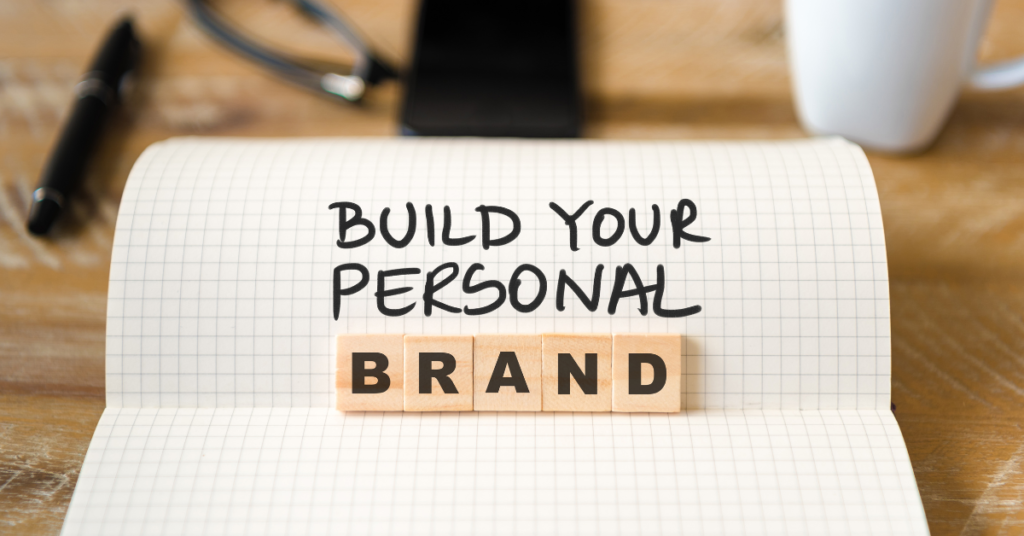How Bad Ads Affect Brand Image
How Bad Ads Affect Brand Image

Bad ads affect brand image significantly, often leading to a host of negative consequences for businesses. These ads, which are poorly executed or fail to resonate with the intended audience, can convey negative messages or cause unintended harm to the brand.
So many factors are contributing to bad ads including offensive content, misleading information, poor design, or a lack of relevance to the target market. The impact of bad ads on a brand’s image can be profound, leading to a loss of consumer trust, negative public perception, and financial setbacks.
Negative Public Perception
When bad ads affect brand image, the immediate consequence is often negative public reaction. In today’s digital age, consumers are quick to voice their opinions on social media and review platforms, making it easy for a poorly received ad to go viral for all the wrong reasons. This can result in a swift backlash, damaging the brand’s reputation and decreasing customer loyalty.
For instance, Pepsi’s 2017 ad featuring Kendall Jenner was widely criticized for trivializing social justice movements, leading to public outcry and damage to the brand’s image. Such instances clearly show how bad ads affect brand image by alienating significant portions of the audience and leading to calls for boycotts and widespread criticism.
Loss of Consumer Trust
Trust is a critical component of any successful brand-consumer relationship, and bad ads affect brand image by undermining this trust. When consumers feel deceived by misleading claims or disrespected by insensitive content, their confidence in the brand diminishes. For example, in 2014, a Hyundai ad depicting a man attempting suicide in his car (which was ultimately unsuccessful due to the car’s clean emissions) was met with outrage for its insensitivity.
The ad severely damaged consumer trust, showcasing how bad ads affect brand image and highlighting the long and difficult process required to rebuild this trust. Brands must therefore be vigilant in ensuring their advertisements are honest, respectful, and aligned with their core values.
Financial Repercussions
The financial impact of bad ads cannot be understated, as they affect brand image and the bottom line. Companies often invest heavily in advertising campaigns, expecting a positive return on investment. However, when an ad campaign is met with negative reception, it not only fails to generate the expected revenue but also incurs additional costs associated with damage control.
For instance, Gillette’s 2019 ad addressing toxic masculinity received mixed reactions, resulting in significant debate and backlash. While some praised the ad, others vowed to boycott the brand, leading to fluctuating sales and additional costs to manage the fallout. Thus, bad ads affect brand image and can lead to significant financial losses for a company.
Financial Repercussions
To mitigate the risks associated with bad ads affecting brand image, companies should adopt a proactive approach. This includes conducting thorough market research to understand the target audience, testing ads on focus groups before a full launch, and being open to feedback. Maintaining a diverse and inclusive team can help ensure that ads are culturally sensitive and resonate well across different demographics. By implementing these strategies, brands can avoid the pitfalls of bad ads and protect their image and reputation.
In conclusion, the significance of how bad ads affect brand image cannot be overstated. Real-life examples from brands like Pepsi, Hyundai, and Gillette highlight the profound impact poorly executed ads can have on public perception, consumer trust, and financial performance. To safeguard their reputation, companies must prioritize creating thoughtful, relevant, and respectful advertisements.

How to start a startup in morocco
This is your sign to start a startup in Morocco! Discover essential tips, legal insights, and strategies for successfully starting a startup in Morocco.
Comment Down Below Your Thoughts And Don’t Forget To Share This Article With Your Peers



